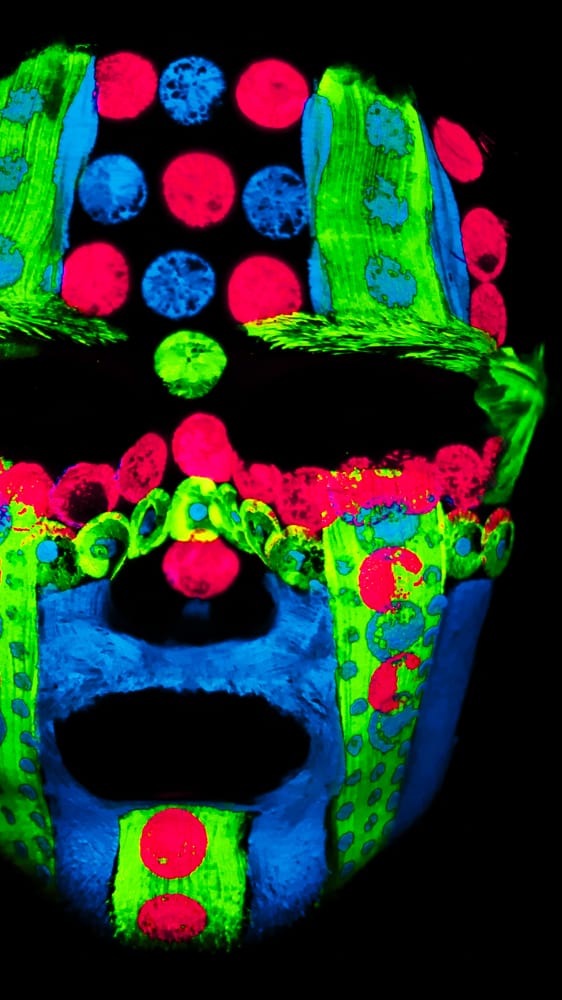
Hedonic Adaptation: Break the Cycle
Our tendency to return to a baseline level of happiness after significant positive or negative life changes. While it helps us survive and cope, it can also trap us in a cycle of chasing fleeting satisfaction.

Hedonic adaptation refers to the process by which emotional responses to life events diminish over time. It explains why people acclimate to both good and bad circumstances—whether a lottery win or a setback—and revert to their typical level of happiness. Researchers describe it as a "hedonic treadmill," where people continuously pursue new experiences or possessions to feel happy, only to find themselves back at square one after the novelty wears off.
Why We Evolved Hedonic Adaptation
Hedonic adaptation likely evolved as a survival mechanism. For early humans, extreme emotions—whether constant elation or despair—could have been distracting or detrimental in life-or-death situations. Adaptation allowed individuals to focus on immediate challenges rather than getting stuck in overwhelming highs or lows.
For example, celebrating the abundance of a successful hunt was useful for motivation, but dwelling on that joy for too long could divert attention from preparing for future scarcity. Similarly, adapting to losses helped early humans remain functional and resilient, improving their chances of survival.
The Downsides
While hedonic adaptation helps us cope with adversity, it also dampens the joy of achievements and positive changes. This can lead to a relentless pursuit of new goals, possessions, or experiences—a cycle of temporary highs followed by inevitable returns to a baseline level of happiness. This can leave people feeling unfulfilled despite significant accomplishments.
Moreover, hedonic adaptation can make it difficult to appreciate what one already has. As newness fades, the excitement we once felt about a milestone or possession diminishes, leading us to take it for granted. This can foster a sense of dissatisfaction, even in otherwise favorable circumstances.
Overcoming Hedonic Adaptation
Gratitude: Regularly reflecting on and appreciating what you have can slow adaptation and enhance contentment. Journaling about daily blessings or expressing gratitude to others can strengthen this habit.
Mindfulness: Practicing mindfulness helps you stay present, savoring positive experiences instead of rushing to the next moment.
Pursue Meaningful Goals: Focusing on activities that align with your values and purpose creates a deeper sense of fulfillment than material pursuits.
Cultivate Relationships: Building strong social connections fosters long-lasting happiness, as relationships provide ongoing support, joy, and meaning.
Introduce Novelty: Regularly trying new activities or changing routines can keep experiences fresh and engaging.
Learn more at "The Many Faces of Hedonic Adaptation" by Søren Harnow Klausen et al

